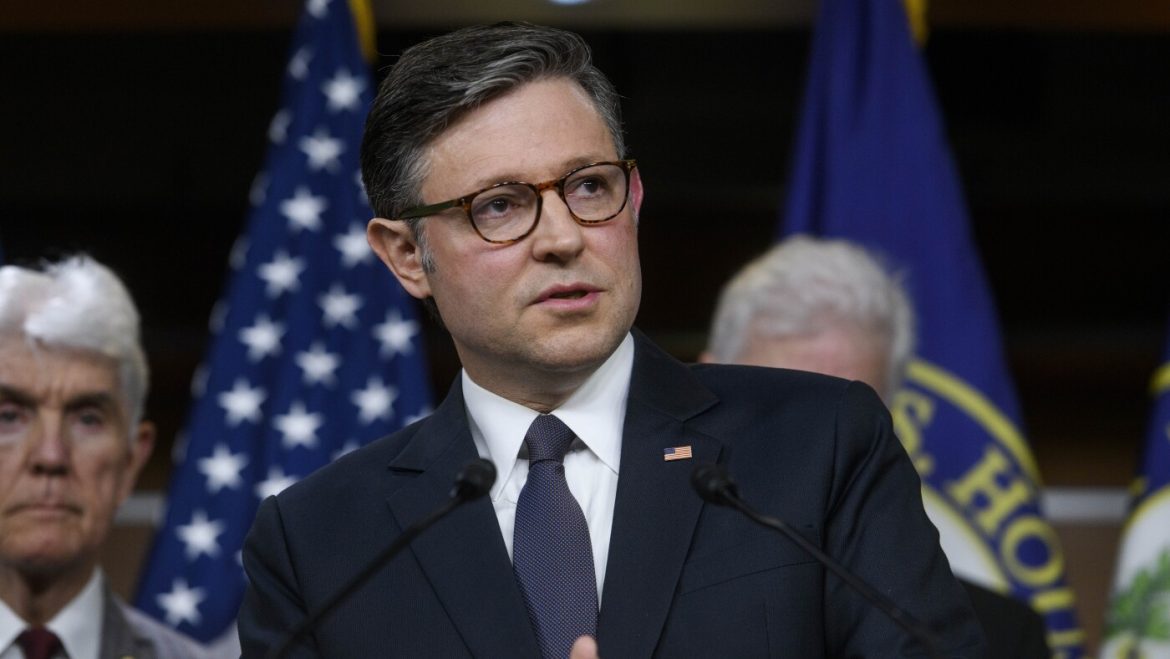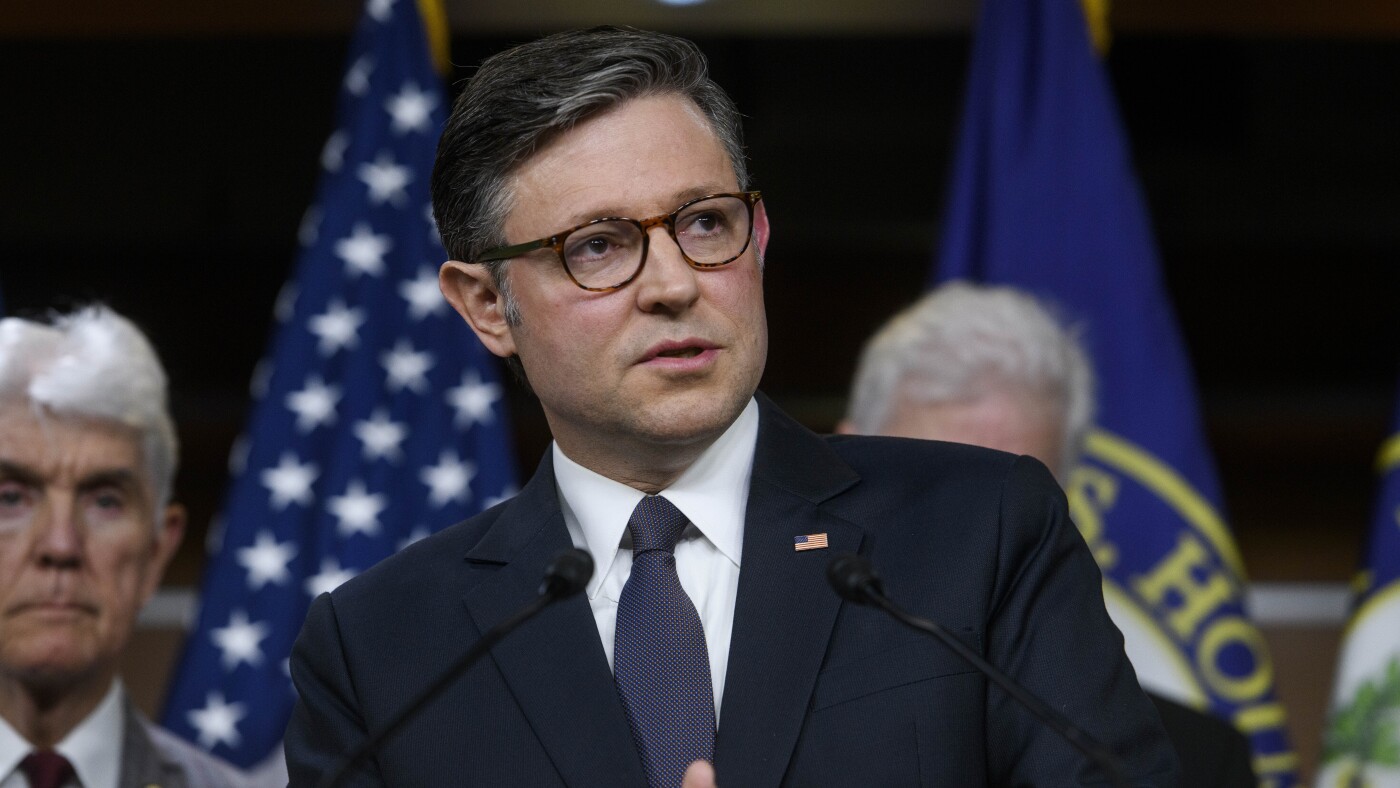Advancing Trump’s Legislative Agenda: A Weekend Shift in House Dynamics
President Donald Trump’s expansive tax cut and border security package has recently progressed out of a pivotal House committee during an unusual Sunday night vote, marking a notable development after an earlier roadblock by conservative faction members. This event spotlights the complex interplay of legislative negotiation, fiscal philosophy, and intra-party dynamics within the Republican caucus.
Background: The Stalemate on the Budget Committee
Two days prior to the weekend vote, the package faced a significant setback when a group of House conservatives, often referred to as deficit hawks, blocked its passage in the Budget Committee. Their opposition was primarily grounded in concerns over the potential increase in the federal deficit precipitated by the bill’s proposed tax cuts and spending commitments. This faction emphasized the need for stronger fiscal discipline and challenged the scope and scale of tax relief measures which echoed those enacted during Trump’s first term.
Negotiation and Concessions: The Path to Progress
The rare Sunday night vote followed intense negotiations within the Republican ranks, culminating in concessions that appeased the conservative holdouts sufficiently to allow the bill to move forward. Key among these changes were commitments to enhanced spending cuts that promised to mitigate the bill’s deficit impact. These modifications appear to have included accelerated implementation of work requirements for programs like Medicaid and the further curtailing of certain clean energy tax credits introduced by the Inflation Reduction Act, aligning with conservative priorities of limiting government expenditure and regulatory measures.
Speaker Mike Johnson’s involvement in the process was instrumental in brokering these compromises. His engagement with critics of the bill within the party underscores a strategic approach to consolidating support ahead of broader legislative consideration.
Contents and Impact of the Bill
The package itself is substantial, containing permanent extensions of the income tax cuts first approved in 2017 during Trump’s initial presidency, alongside temporary new tax cuts. This dual measure aims to provide immediate fiscal relief while cementing longer-term tax policy shifts favored by Trump’s legislative agenda. Additionally, the package includes border security enhancements as a core component, reflecting the administration’s persistent focus on immigration control within its domestic policy priorities.
While these measures are heralded by proponents as a “big, beautiful bill,” they have also drawn criticism for their projected effects on the federal deficit and questions about their long-term economic impact. The delicate balancing act between stimulating growth through tax relief and managing deficits remains a fundamental tension within Republican policy debates.
Political and Procedural Significance
Conducting a vote on a Sunday night is an unusual procedural step, signaling the urgency and high stakes attached to this bill. Its advancement out of the Budget Committee is a crucial milestone, clearing the way for full House consideration and intensifying the spotlight on intraparty divisions. The narrow margin and concessions highlight the tenuous nature of GOP unity on fiscal policy and foreshadow potential challenges in navigating the bill through the broader legislative process.
The Republicans’ determination to place the bill on the House floor before Memorial Day further illustrates the leadership’s commitment to delivering on campaign promises and shaping the party’s domestic policy platform for the upcoming electoral cycle.
Conclusion: A Prelude to Larger Debates
The advancement of Trump’s tax cut and border security package after weekend negotiations reflects both the potency of legislative bargaining and the ongoing ideological fissures within the Republican Party. It serves as a microcosm of contemporary American political discourse, where economic strategy, fiscal responsibility, and party cohesion are continually redefined through complex negotiations. As this “big, beautiful bill” moves closer to full House scrutiny, it will undoubtedly prompt vigorous debate over the direction of U.S. tax policy, government spending, and immigration enforcement — key issues that will resonate well beyond the Capitol walls.


